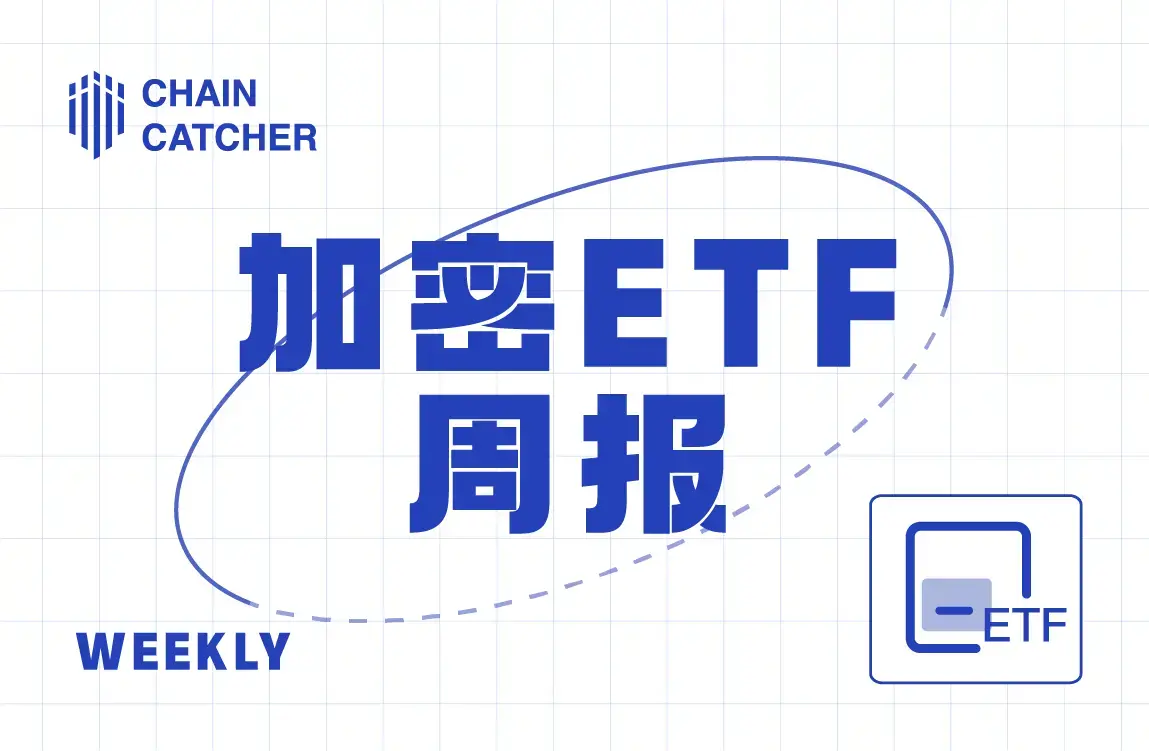ABCDE Capital: How does Polyhedra Network achieve Ethereum full node ZK proofs?
Author: ABCDE Capital
Overview:
Proving Ethereum PoS full nodes is crucial for building zkBridge and any interoperability protocol on Ethereum. The security of the sync committee is insufficient for these purposes, as the cryptoeconomic security of the sync committee (currently only about $32 million in ETH staked) is far from ideal. Any cross-chain infrastructure, oracle, and data processing service that relies on the sync committee deployment on Ethereum is insecure.
Polyhedra Network has designed and implemented a zk Bridge system to prove Ethereum PoS full nodes (currently the total value of staked ETH is about $40 billion). All zk clients of Ethereum and its rollups (such as Arbitrum, Linea, Optimism, zk Sync, Mantle, etc.) on LayerZero will be based on ZK proofs from Ethereum full nodes. Polyhedra Network employs its efficient proof system deVirgo, which is capable of generating proofs for Ethereum full nodes within 10 seconds, fast enough to keep pace with Ethereum block generation speed.
The zero-knowledge proof implementation of Ethereum full nodes will enable Ethereum and its rollups to achieve completely trustless, efficient, and secure interoperability. Polyhedra Network's system also allows any L1 and L2 (such as BNB Smart Chain and op BNB) and any application to transfer all current and historical Ethereum data. This enables smart contracts to access Ethereum data trustlessly for various computational logic, while its security is guaranteed by Ethereum PoS full nodes.
Proving Ethereum PoS Full Nodes is Crucial for Security
Compared to Ethereum light clients, Ethereum full node proofs provide higher security guarantees. The security of Ethereum light clients relies entirely on a system known as the "sync committee." However, the sync committee consists of only 512 members and rotates approximately once every day (about every 27.3 hours). The total staked assets amount to only 16,384 ETH (512 * 32), which is very small compared to the daily transaction volume of cross-chain bridges connecting the Ethereum ecosystem to other networks (over $300 million) (currently only $32 million in ETH is staked).
Another issue is that the sync committee does not always sign blocks (e.g., block 17239413 and block 17239414). Statistics show that 1.6% of blocks are not signed by the vast majority of sync committee members, and this issue can occur on average once every 12 minutes.
Overview of the Ethereum Full Node Proof System
To address these issues, Polyhedra Network decided to abandon the use of the sync committee and leverage the full PoS consensus of the Ethereum blockchain since the Ethereum merge. This will prove that each block on the Ethereum mainnet contains over 20,000 signatures (40 times more than the 512 sync committee members).
To handle the 40-fold increase in workload, Polyhedra Network adopted its unique proof system—deVirgo. This proof system boasts unparalleled processing power, thanks to its theoretical improvements and significant engineering advancements. The deVirgo protocol theoretically eliminates the need for very large FFT or MSM, making the proof generation time linearly related to the number of signatures. The protocol has been deployed on zkBridge and supports parallel and distributed computing.
Experiments conducted on proof systems at a billion-scale circuit show that its proof generation time is less than 10 seconds, capable of keeping up with Ethereum block generation speed (about 12 seconds), without increasing proof size or verification time.
Using Efficient Proof Systems to Prove Ethereum Full Nodes
To quickly prove Ethereum full nodes, Polyhedra Network utilizes its efficient proof system deVirgo. deVirgo is a distributed version of the Virgo protocol, designed to parallelize the GKR protocol by distributing computations across multiple machines. By using deVirgo, zkBridge can support fast and flexible interoperability between different blockchains without relying on external trust assumptions. zkBridge uses recursive proofs to prove previously generated proofs by deVirgo, thereby recursively proving the corresponding block headers. Recursive proofs reduce on-chain verification costs to about 220K gas on any EVM-compatible blockchain network.
The key breakthrough of deVirgo is confirming that the consensus of Ethereum full nodes can be represented as the nature of data-parallel circuits. Suppose there is a data-parallel arithmetic circuit and N machines; the deVirgo proof system can split the data-parallel circuit into N sub-circuits, with each machine computing only one sub-circuit. The verification of Ethereum full consensus is such a data-parallel circuit, containing over 30,000 identical signature verification algorithms and hashes.
At the core of deVirgo is a technique for distributed sumcheck. In deVirgo, the sumcheck protocol is divided into two phases. In the first phase, each machine processes its own sub-circuit and collectively generates an aggregated proof. The remaining work is small enough for one machine to handle. This machine can then execute the second phase to complete the distributed sumcheck.
Evaluating the Performance of Ethereum Full Node ZK Proofs
To evaluate the implementation on BLS signature aggregation, Polyhedra Network measured the runtime of deVirgo proofs and recursive verification using two AMD EPYC™ 7763 CPUs. The results are as follows:

Polyhedra Network has already deployed the Ethereum full node proof system on zkBridge. zkBridge sets Ethereum as the sending chain and other networks such as BNB Chain and Avalanche as receiving chains. The results show that, including the latency of all components, zkBridge can generate proofs for Ethereum full nodes within 12 seconds and verify block headers on the BNB chain and other networks.
Polyhedra Network will continue to optimize its implementation. Plans are in place to leverage GPU acceleration in the near future to reduce upfront costs and achieve better decentralization. However, the current zkBridge proof system is already efficient enough to keep up with Ethereum's block generation time.
Conclusion
By implementing proofs for Ethereum full nodes, Polyhedra Network achieves completely trustless, efficient, and secure interoperability through zk Bridge, connecting the Ethereum ecosystem (including L1 and L2) with other networks. Additionally, all zk clients of Ethereum and its rollups (such as Arbitrum, Linea, Optimism, zk Sync, Mantle) on LayerZero will be equipped with ZK proofs from Ethereum full nodes. This brings the staking security of Ethereum full nodes (approximately $40 billion) into zk clients on LayerZero.
The Ethereum full node proof system also allows current and historical Ethereum data, including block headers and transaction data, to be accessed by any network and application. This will enable smart contracts on any blockchain to access Ethereum data trustlessly and handle various computational logic. All security is guaranteed by the ZK proofs of Ethereum PoS full nodes.











